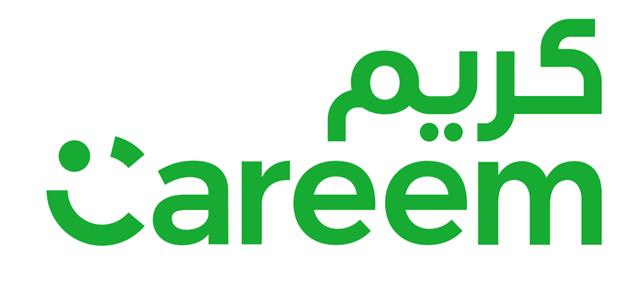
Careem signs a community partnership agreement with the Al-Bir Society in Jeddah to support social development work
Careem, the region’s leading multi-service app, announced today that it has signed a community partnership agreement with the Al-Bir Society in Jeddah, to collect donations from its customers to support the Society’s programs and activities provided to low-income families, orphans, and kidney failure patients registered in the Society.
Careem was represented in signing the agreement by Ahmad Arrabi, Careem’s General Manager in Saudi Arabia, while Al-Bir Society was represented by its CEO, Engineer Mohieddin bin Yahya Hakami.
The signing of the agreement embodies the interest of both parties in promoting social responsibility and each party playing its role in serving the community and enriching the programs and initiatives provided to it through participation and cooperation in providing the best social services, paying attention to the various segments of the Society, and working to empower them to achieve sustainable development.
Commenting on the signing of the agreement, Ahmad Arrabi, Careem’s General Manager in Saudi Arabia, said: “Careem’s signing of this agreement with Al-Bir Society in Jeddah comes as an extension of its efforts through which it undertakes its social responsibilities aimed at empowering the target groups and improving their lifestyles in a way that advances the improvement of their quality of life.”
He added: “At Careem, we focus on social and economic development paths by presenting a package of initiatives that contribute to improving the quality of life for target groups through the added value they carry, leaving a tangible and sustainable positive impact on society.
Through this partnership, we look forward to supporting community members and enabling them to benefit from their abilities for the benefit of the rest of the community system. Keeping ease of access top of mind, we have made it simple for our customers to donate through the Careem app”.
For his part, the CEO of the Al-Bir Society in Jeddah, Engineer Mohieddin Hakami, welcomed the signing of this agreement with Careem Company, stressing that it embodies a bright picture of complementary work based on the exchange of benefits to achieve common goals in promoting and supporting developmental social work and diversifying its services that achieve sustainable development in accordance with Vision 2030 targets.
Al-Hakami stressed the Al-Bir’s keenness to strengthen its programs and community activities that meet the needs of low-income families, orphans, and kidney failure patients and contribute to their empowerment. He reviewed the most prominent transformations that have taken place in AlBir Society in achieving financial sustainability, stressing the Society’s keenness to expand its partnerships with the business sector and other sectors. This supports
the Society’s objectives and contributes to achieving its vision of pioneering and sustaining charitable work.
Since 2014, Careem has been committed to advancing social and economic growth by providing initiatives that contribute to improving quality of life.
Careem, a brand known for its charitable initiatives, has raised over $3.9 million in the region since 2018 for initiatives focused on children’s education, refugee support for essential services, emergency relief, healthcare, afforestation, and other initiatives.
Notably, Al-Bir Society in Jeddah is one of the leading charity societies in serving social work and promoting development through its programs and activities focusing on caring for families, orphans, and kidney failure patients. The Society provides programs for low-income families who benefit from its services and orphans through training and qualification, then empowerment through employment through its broad partnerships with the business sector and other sectors to achieve Al-Bir’s vision of pioneering sustainable charitable work. Some of the services it provides also include donations of school supplies, food banks, cash vouchers, and other community health care services.
To date, Al Bir Society has fostered 14,240 orphans and supported 35,000 families, of which more than 1,200 people benefit from services provided by Al Bir health centers.
ENDS

























